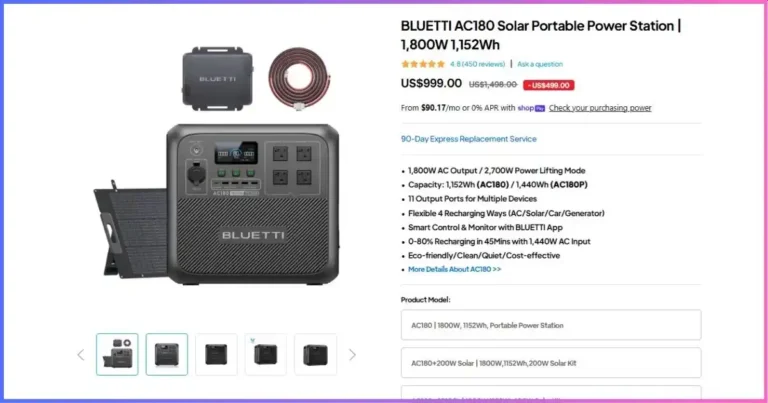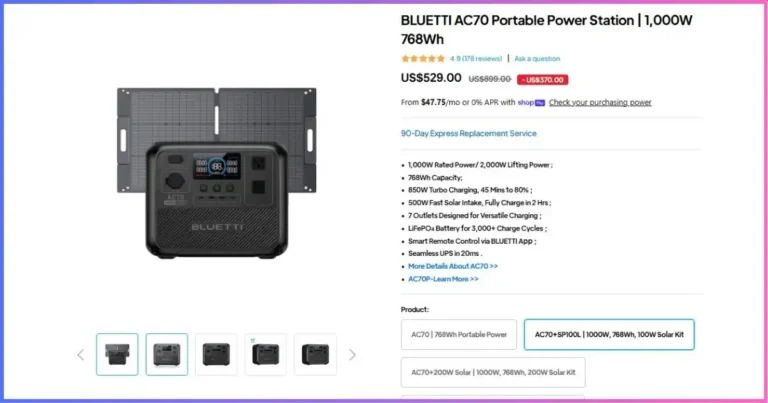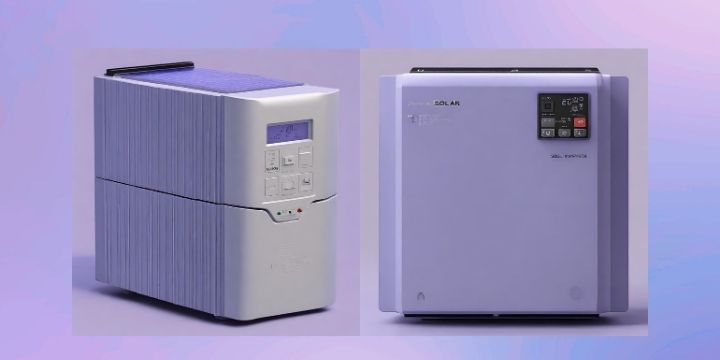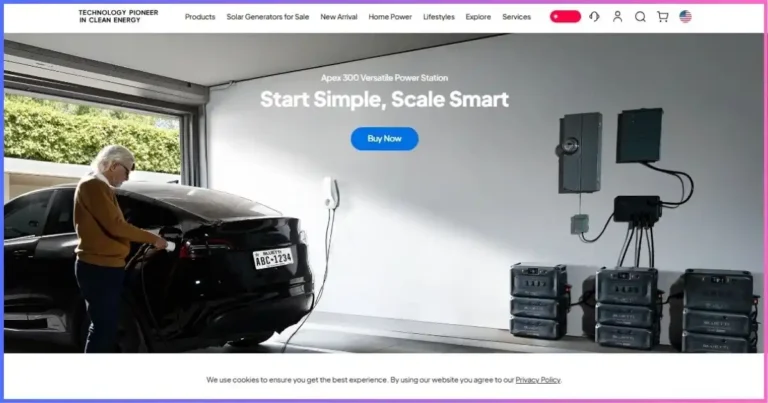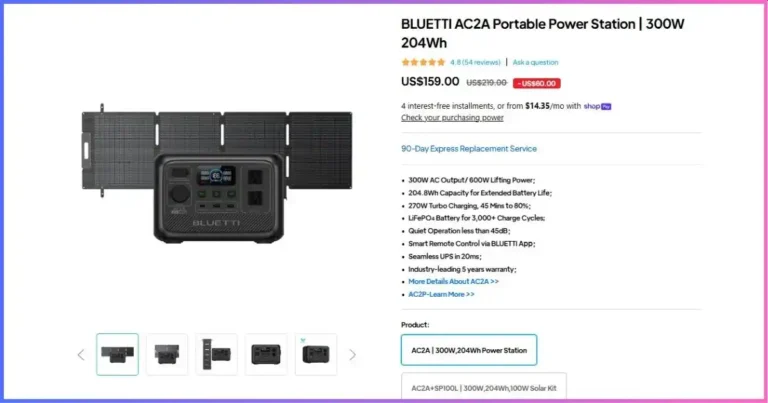Solar Inverters vs Microinverters: A Comprehensive Comparison
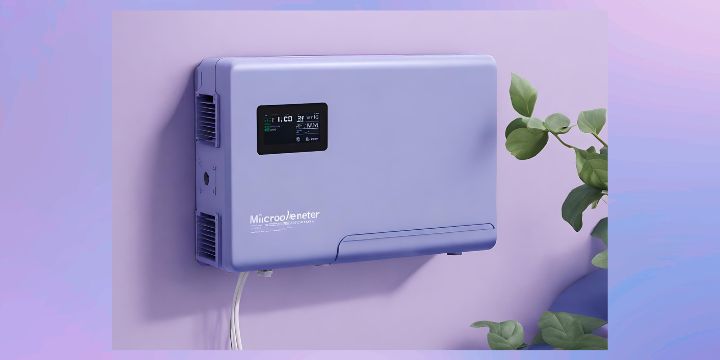
When it comes to harnessing the power of the sun, the technology we choose matters immensely. A pivotal decision in this arena is picking between a traditional solar inverter and a Microinverter. So, how do they stack up against each other? Let’s dive in and find out.
What is The Difference Between Solar Inverters and Microinverters
Understanding Solar Inverters
Solar inverters, often known as string inverters, are the proverbial workhorses of the solar energy world. They convert direct current (DC) produced by your solar panels into alternating current (AC), which is used by the majority of home appliances. These converters operate by linking your solar panels in a series, forming a ‘string’.
The Intricacies of Microinverters
On the flip side, we have microinverters. Unlike their ‘string’ counterparts, microinverters are installed directly on each solar panel. This placement allows for individual DC to AC conversion at each panel, thereby improving the overall system efficiency.
Reliable Power Anywhere
Experience the freedom of portable power with Bluetti's cutting-edge solar generators and power stations. Whether you're camping, preparing for emergencies, or reducing your reliance on the grid, Bluetti offers reliable, eco-friendly solutions that keep you powered up anywhere.
Explore Bluetti Products NowComparing The Efficiency of Solar Inverters vs Microinverters
Efficiency is a crucial factor when considering solar technology. On paper, microinverters trump traditional solar inverters because they optimize the output of each solar panel individually. This individual optimization means that if one panel’s performance dips due to shading or malfunctions, it won’t affect the rest of your solar array.
Factor of Cost
However, the cost factor can’t be ignored. Traditional solar inverters are often more cost-effective upfront compared to microinverters, making them a popular choice for homeowners on a budget. Nevertheless, the long-term benefits and efficiency of microinverters may outweigh the initial cost for some.
Maintenance and Longevity of Solar Inverters vs Microinverters
In terms of maintenance and longevity, microinverters typically outperform solar inverters. With microinverters, troubleshooting is easier as each panel operates independently. This independence can lead to a longer lifespan and lower maintenance costs over time.
Conclusion
In the final analysis, the choice between a solar inverter and a microinverter depends on individual needs and circumstances. If you’re looking for upfront cost-effectiveness, solar inverters might be your best bet. However, if long-term efficiency and reduced maintenance are more important, microinverters could be worth the initial investment.
Go Green with Bluetti
Take a step towards sustainability with Bluetti’s advanced solar technology. From high-capacity power banks to efficient solar panels, Bluetti helps you harness the power of the sun to reduce your carbon footprint without compromising on performance.
Shop Sustainable Power SolutionsAs solar technology continues to evolve, it’s vital to stay informed and choose the best option for your unique solar energy needs.
Disclosure: We may earn commission for purchases that are made by visitors on this site at no additional cost on your end. All information is for educational purposes and is not intended for financial advice. Read our affiliate disclosure.

